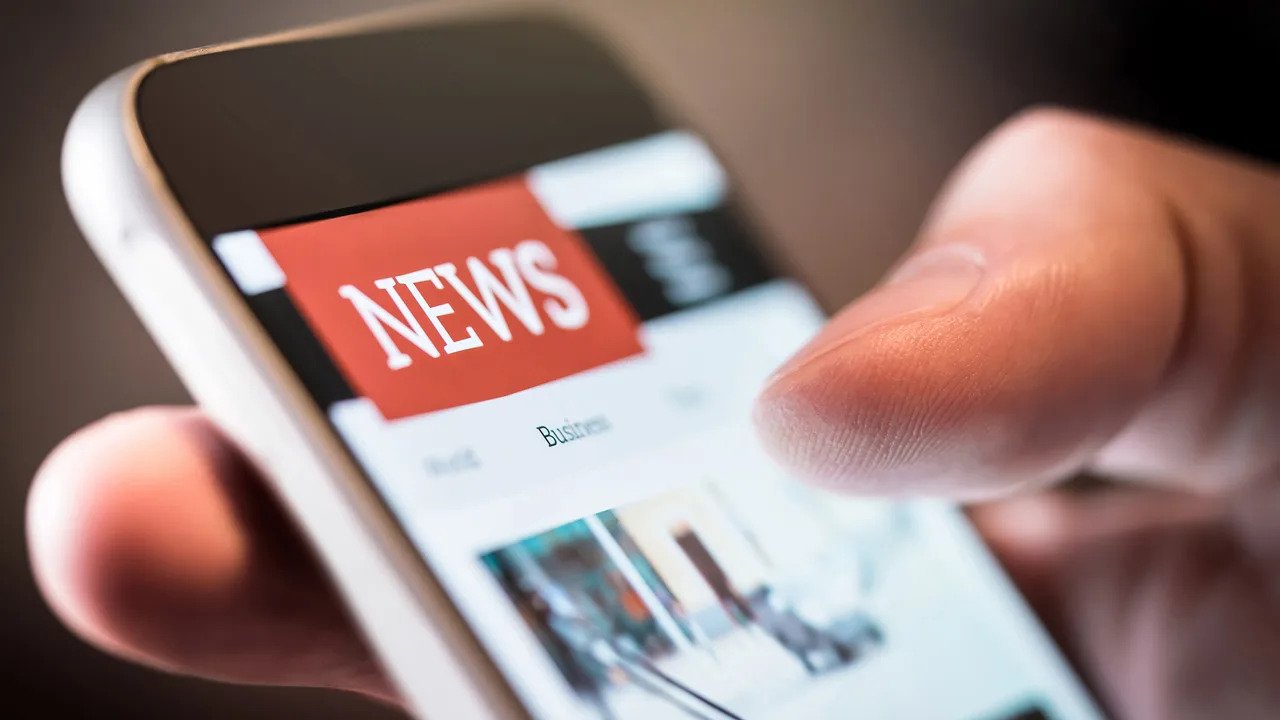In today’s digital age, information flows ceaselessly, inundating us with news, opinions, and updates from around the world. The internet has democratized the dissemination of information, making it more accessible than ever. However, this unprecedented access to information also poses a significant challenge: distinguishing credible news from misinformation or disinformation. In this era of information overload, news literacy has become a vital skill that empowers individuals to navigate the digital landscape effectively. This blog explores the importance of اخبار السودان literacy and offers strategies to help you become a more discerning consumer of information.
The Challenge of Information Overload
The ubiquity of the internet and social media platforms has made it easier for anyone to publish content, including news, without undergoing the rigorous editorial processes of traditional journalism. This democratization of news sources is both a blessing and a curse. On one hand, it allows for diverse perspectives and voices to be heard. On the other hand, it has opened the floodgates to the spread of false information, hoaxes, and propaganda.
As a result, individuals often find themselves overwhelmed by a barrage of information, making it challenging to sift through the noise to find trustworthy sources. Without the ability to critically evaluate the credibility of sources and the information presented, people are more vulnerable to falling prey to misinformation, echo chambers, and confirmation bias.
The Importance of News Literacy
News literacy is the ability to critically assess the information presented to you and make informed judgments about its accuracy, reliability, and credibility. It empowers individuals to distinguish fact from opinion, identify potential bias, and question the sources of information. Here are some compelling reasons why news literacy is crucial in the age of information overload:
- Informed Decision-Making: News literacy equips individuals with the tools to make well-informed decisions, whether in politics, healthcare, or everyday life. Being able to differentiate between reliable news and unverified claims helps you navigate complex issues and understand the consequences of your choices.
- Media Literacy: In addition to understanding the written word, news literacy includes the ability to critically assess multimedia content, such as images and videos. This is essential in a world where visual media can be manipulated to convey false narratives.
- Combating Misinformation: News literacy is a key weapon against the spread of misinformation. By knowing how to fact-check and verify information, individuals can prevent the viral dissemination of false stories and contribute to a more trustworthy information ecosystem.
- Strengthening Democracy: A news-literate populace is essential for the functioning of a healthy democracy. It allows citizens to engage in meaningful political discourse, hold leaders accountable, and make informed decisions during elections.
Developing News Literacy Skills
Becoming news-literate is an ongoing process that requires effort and practice. Here are some practical strategies to help you develop news literacy skills:
- Diversify Your Sources: Avoid relying on a single news outlet or social media platform for your information. Seek out a variety of sources with different perspectives to gain a well-rounded view of any given issue.
- Fact-Checking: Learn to fact-check information before accepting it as truth. Fact-checking websites like Snopes, PolitiFact, and FactCheck.org can be valuable resources in verifying claims.
- Assess Credibility: Evaluate the credibility of the source. Look for journalistic standards, transparency, and a commitment to accuracy. Be cautious of sensational or clickbait headlines.
- Identify Bias: Understand the potential bias of news sources and how it might influence the way information is presented. Recognize that all media outlets have some level of bias, and aim to identify it.
- Cross-Reference Information: If a news story seems significant, cross-reference it with other reputable sources to ensure its accuracy. Reliable information should be corroborated by multiple independent sources.
- Be Skeptical of Social Media: Social media platforms can be breeding grounds for misinformation. Don’t blindly trust content shared by friends or family; critically evaluate it, especially if it seems sensational.
- Educate Yourself: Take courses or workshops on news literacy and media literacy. These programs often provide valuable insights and tools for navigating the complex media landscape.
Conclusion
In the age of information overload, news literacy is an essential skill that empowers individuals to be critical consumers of information. Developing this skill allows us to sift through the vast amount of information available, identify reliable sources, and make informed decisions. By honing your news literacy skills, you contribute to a more informed and resilient society that can better navigate the challenges of the digital age. Embrace news literacy as a lifelong learning journey, and you’ll be better equipped to face the complexities of our information-driven world.
